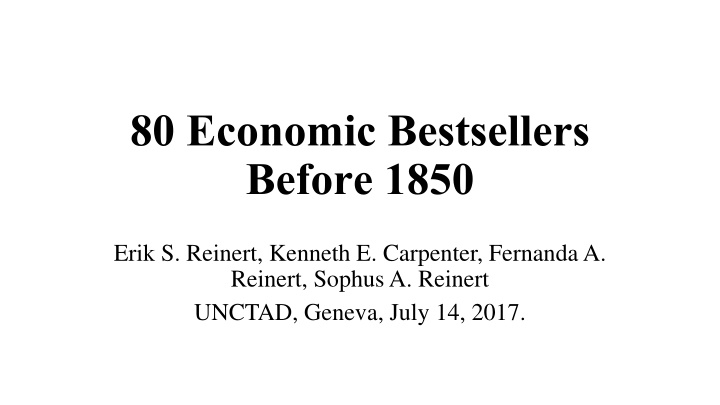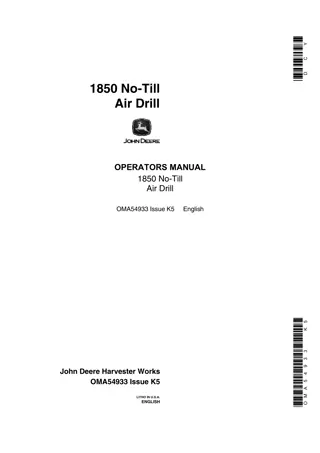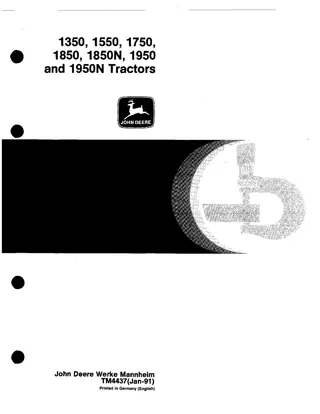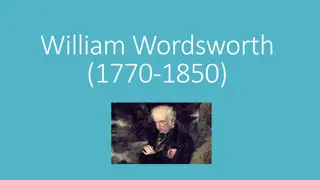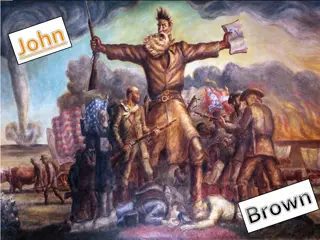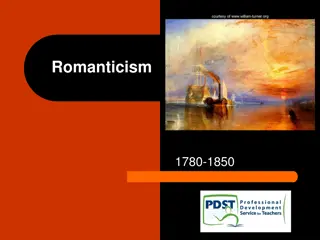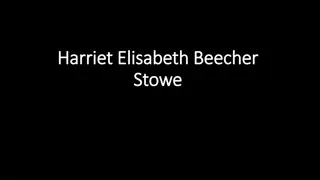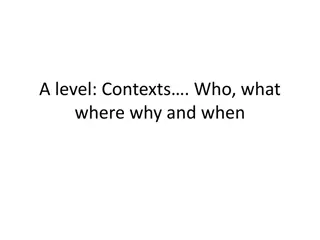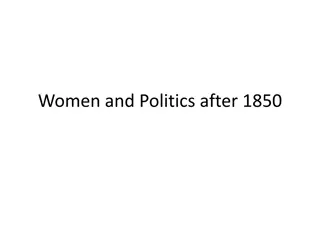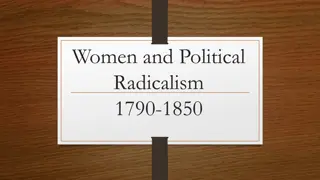Economic Bestsellers Before 1850
Criteria for selecting economic bestsellers before 1850, including language distribution and notable authors with multiple works. The list features books from various time periods and languages, highlighting influential publications such as Aristotle's Oeconomica and Xenophon's Oeconomicus.
Download Presentation

Please find below an Image/Link to download the presentation.
The content on the website is provided AS IS for your information and personal use only. It may not be sold, licensed, or shared on other websites without obtaining consent from the author.If you encounter any issues during the download, it is possible that the publisher has removed the file from their server.
You are allowed to download the files provided on this website for personal or commercial use, subject to the condition that they are used lawfully. All files are the property of their respective owners.
The content on the website is provided AS IS for your information and personal use only. It may not be sold, licensed, or shared on other websites without obtaining consent from the author.
E N D
Presentation Transcript
80 Economic Bestsellers Before 1850 Erik S. Reinert, Kenneth E. Carpenter, FernandaA. Reinert, Sophus A. Reinert UNCTAD, Geneva, July 14, 2017.
Criteria: 10 or more editions before 1850. Journal articles not included. Practical manuals for farmers, merchants, etc. not included. The list comprises one book printed in the 1400s, 4 books published in the 1500s, 13 during the 1600s, 46 during the 1700s, and 16 during the period from 1800 to 1848.
Language distribution: 4 books were originally printed in Latin, three translated from ancient Greek authors, Aristotle and Xenophon (I, II, IV) and one by a German (XXXIII Pufendorf) 1 book was originally published bilingual, Latin and Italian (XXXI Belloni) 2 books were originally published in Dutch 2 books were originally published in Spanish. 7 in German, of which one by an Austrian (XLV Sonnenfels) and one by a Swiss (XLI Hirzel) 7 in Italian
Language distribution continued 27 entries were originally published in English, of which 5 by Scots (XIX Law, XXXII, Hume, XLVI Steuart, LIII Smith, LXXI McCulloch), 2 by Welshmen (XXX Tucker, LXVI Owen), and 3 by Americans (XXXVII Franklin, LVIII Paine, LX Hamilton) 30 were originally published in French, 2 of which by Germans (XXXIX Bielfeld & XLIII Beausobre), one by an Italian (XLIX Galiani), while 2 authors hail from the Republic and Canton of Geneva (XXXVIII Rousseau, LI, LII, LV, LVII Necker).
Six authors represented with more than one book. Xenophon (I, IV) originally written in Greek and first printed in Latin. The other five were written and first published in French. Pierre Daniel Huet (1630-1721) XXI, XXIII. Gabriel-Fran ois Coyer (1707-1782) XXXV, XLVII. Victor de Riquetti Mirabeau (1749 -1791) XXXVI, XL Jean-Baptiste Say (1767-1832) is represented with three works on the bestseller list (LXV, LXVII, LXXII), Jacques Necker (1732-1804) Minister of Finance and an ardent anti-physiocrat has four bestselling books (LI, LII, LV, LVII).
The 10 First Bestselling Economics Books (of a total of 80) before 1850. I. Aristotle, Oeconomica, Strasbourg, 1469 II. Xenophon, Oeconomicus, Paris, 1506 III. Luther, Martin, Von Kauffshandlung und Wucher, Wittenberg, 1524 IV. Xenophon, Poroi, Basel, 1551 V. Botero, Giovanni, Tre Libri delle Cause della Grandezza e Magnificenza delle Citta , Venice, 1591 VI. Culpeper, Thomas, A Tract against Usury, London, 1621 VII. Bacon, Francis, An Essay on Innovations, London, 1625 VIII. Davanzati, Bernardo, Lezione delle Monete, Florence, 1638 IX. Seckendorff, Veit Ludwig von, Teutscher Fu rsten-Stat (sic), Frankfurt, 1656 X. de la Court, Pieter, Interest van Holland, Amsterdam, 1662
Coming out of Boteros Logic: Economic structure and population carrying capacity Hunting and gathering soc. Agricultural societies Industrial soc (ex. Holland) 1-2 persons / km2 40 persons / km2 400 persons / km2 Only nations with a large manufacturing sector (rather: a large sector with activities subject to increasing returns) are able to feed a large population. Famines are normally only found in nations specialising in agriculture.
Nos. XI-XX Mun, Thomas, England's Treasure by forraign Trade, London, 1664 Child, Josiah, Brief Observations concerning Trade , London, 1668 Pufendorf, Samuel, De officio hominis, Lund, Sweden, 1673 Temple, William, Observations upon the United Provinces, London, 1673 Petty, William, Political Arithmetick, London, 1683 H rnigk, Philipp Wilhelm von, sterreich ber alles wann es nur will, [N rnberg], 1684 Boisguilbert, Pierre le Pesant, Le detail de la France , n.p., 1695 Cary, John, An Essay on the State of England, Bristoll (sic), 1695 Law, John, Money and Trade considered, Edinburgh, 1705 Vauban, Sebastien de, Projet d une dixme royale, Rouen(?), 1707
Nos. XXI-XXXI Huet, Pierre Daniel, Commerce des hollandois, Rouen, 1712 Mandeville, Fable of the Bees, London, 1714 Huet, Pierre Daniel, Commerce des anciens, Paris, 1716 Anonymous, Het groote Tafereel der Dwaasheid, Amsterdam, 1720 Uzt riz, G ronimo de, Theorica (sic) y Practica de Comercio, Madrid, 1724 Gee, Joshua, The Trade and Navigation of Great-Britain considered, London, 1729 Melon, Jean Francois, Essai politique sur le commerce, n. p., 1734 Justi, Johann Heinrich Gottlob von, Policeywissenschaft, from 1741 Muratori, Ludovico, Della pubblica Felicita , Lucca, 1749 Tucker, Josiah, Advantages and Disadvantages France and Great Britain, London, 1749 Belloni, Girolamo, De Commercio dissertatio, Rome, 1750 1729
A Bestseller arguing for Colonialism as Technology Policy. That all Negroes shall be prohibited from weaving either Linnen or Woollen, or spinning or combing of Wooll, or working at any Manufacture Manufacture of Iron, further than making it into Pig or Bar iron: That they be also prohibited from manufacturing of Hats, Stockings, or Leather of any Kind Indeed, if they set up Manufactures, and the Government afterwards shall be under a Necessity of stopping their Progress, we must not expect that it will be done with the same Ease that now it may . Joshua Gee, Trade and Navigation of Great Britain Considered, London, 1729 There were at least 20 editions of Gee s work between 1729 and 1780. English editions were published in London, Glasgow, and Dublin, French translations (the first in 1749), published in London, Amsterdam and Geneva, Dutch (1750), Spanish (1753), and German German (in Copenhagen, 1757)
The Cyclical Movements of Economic Theory. School Physiocracy ( Rule of Nature ) Starting point Quesnay 1758 Peak 1760s Death ca. 1789 Classical Economics Ricardo 1817 1840s ca. 1895 Neoclassical synthesis Samuelson 1948 1990s NOW
The 1848 Generation: three books all from 1848 covering the political spectrum from left to right, all recanting David Ricardo (i.e. creating less abstract theories). Marx & Engels, Communist Manifesto. Marx was so radical he had to flee to England. Bruno Hildebrand, Economics of the Present and the Future. H. was so conservative he fled to Switzerland. John Stuart Mill, Principles of Political Economy. English liberalism recanted on free trade!
A time of ideological shifts. US: The ideological extremes - Trump and Sanders both agreed on a) free trade is no longer good for the EU b) the US (private) health care model is inefficient (Trump later changed on b). UK: Brexit. The old EU periphery: sinking deeply into debt and getting poorer (Greece, Italy, Spain, Portugal).
